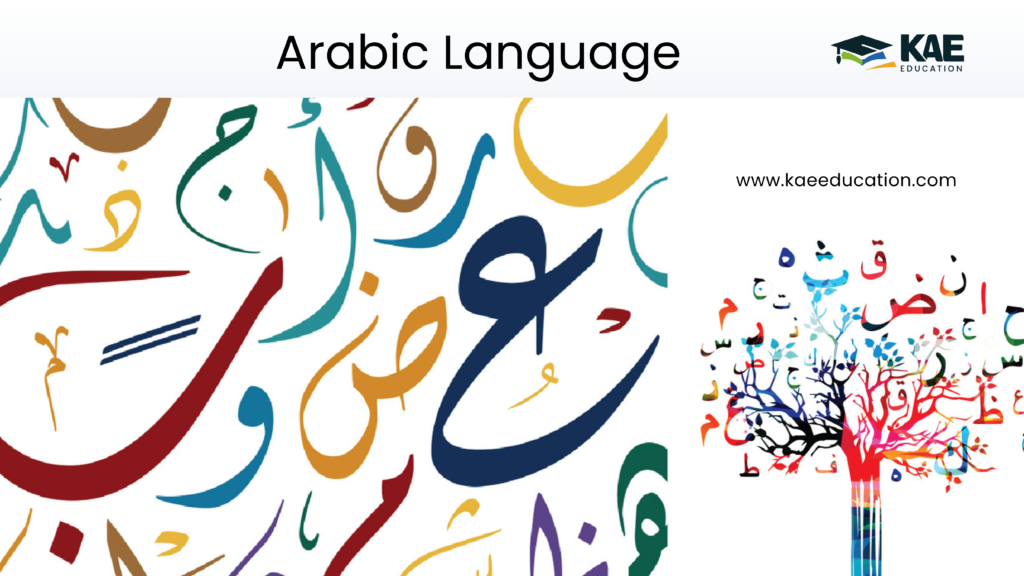Why Arabic Language Skills Are in High Demand for Future Jobs
The demand for Arabic language skills is on the rise, and for good reason. With over 420 million Arabic speakers globally, learning Arabic offers access to numerous career opportunities across diverse fields. As one of the six official United Nations languages, Arabic plays a significant role in global trade, politics, culture, and technology. For students and professionals seeking an edge in the job market, proficiency in Arabic is increasingly valuable.
Why Is Arabic Language in Demand?
Arabic is essential for professionals in various sectors, from International Business to Government, Education, Media, and Humanitarian work. Learning Arabic can give you access to the Middle East’s booming markets and help you stand out in competitive Industries. Here’s why Arabic language skills are becoming essential for future jobs:
(1) Rising Influence of Arabic-speaking Countries in Global Economy
The Middle East and North Africa (MENA) region is a rapidly growing economic powerhouse. With Arabic skills, professionals can tap into trade, investment, and development opportunities in sectors like oil, gas, banking, and real estate.
(2) Demand for Arabic Speakers in International Organizations
Many international organizations, including the United Nations, NATO, and the World Health Organization, seek Arabic speakers. These roles often involve translation, diplomacy, and program coordination.
(3) Increased Need for Cross-Cultural Understanding
Proficiency in Arabic enables professionals to navigate cultural nuances, an advantage in roles like marketing, public relations, and International Business where understanding local contexts is critical.
(4) Career Opportunities in Media and Communication
With the growth of global media, there’s a high demand for Arabic-speaking journalists, translators, and content creators who can engage Arabic-speaking audiences across platforms.
(5) Advancements in Technology and Language Processing
As AI language processing evolves, Arabic language specialists are essential for developing accurate Arabic language applications in tech companies and AI projects.

Benefits of Learning Arabic
Arabic language skills can significantly enhance your career prospects, making you a desirable candidate in a competitive job market. Here are some key benefits:
(i) Unique Skill Set:-
Arabic speakers are in short supply, making it a unique skill in high demand.
(ii) Increased Employability:-
Proficiency in Arabic broadens your job options in fields like International relations, Intelligence, education, and Business.
(iii) Competitive Advantage:-
Multilingual employees tend to receive higher salaries, especially when proficient in in-demand languages like Arabic.
Top Career Paths for Arabic Speakers
(1) International Relations and Diplomacy
(2) Global Business and Trade
(3) Translation and Interpretation
(4) Journalism and Media
(5) Language Education
(6) Tourism and Hospitality
How Can You Start Learning Arabic?
A structured course, like the Arabic Language A1 and A2 Module Training, can provide a solid foundation in the language. These beginner modules focus on essential skills like grammar, vocabulary, reading, writing, listening, and speaking.
By learning Arabic, you’re not only gaining a valuable skill but also positioning yourself as a valuable candidate in a world where Arabic-speaking professionals are in high demand. A language like Arabic can open doors to exciting and lucrative career paths in today’s globalized job market.
FAQs About Learning Arabic Language Skills
Industries like International Business, Diplomacy, Education, Intelligence, Media, and Technology are actively seeking Arabic speakers.
Arabic can be challenging due to its script and grammar, but structured learning and practice make it manageable. Beginners can reach conversational levels in a year with consistent study.
Bilingual Arabic speakers can work in International relations, Global business, Media, tourism, and as Translators, Educators, and Cultural consultants.
Learning Arabic can make it easier to learn other Semitic languages, like Hebrew or Amharic, as they share linguistic similarities.
Look for structured courses at language schools, universities, and online platforms. KAE Education’s Arabic language program is a comprehensive option for beginners.
Achieving fluency can take a few years of dedicated study, but you can become conversational in a year with intensive training.

